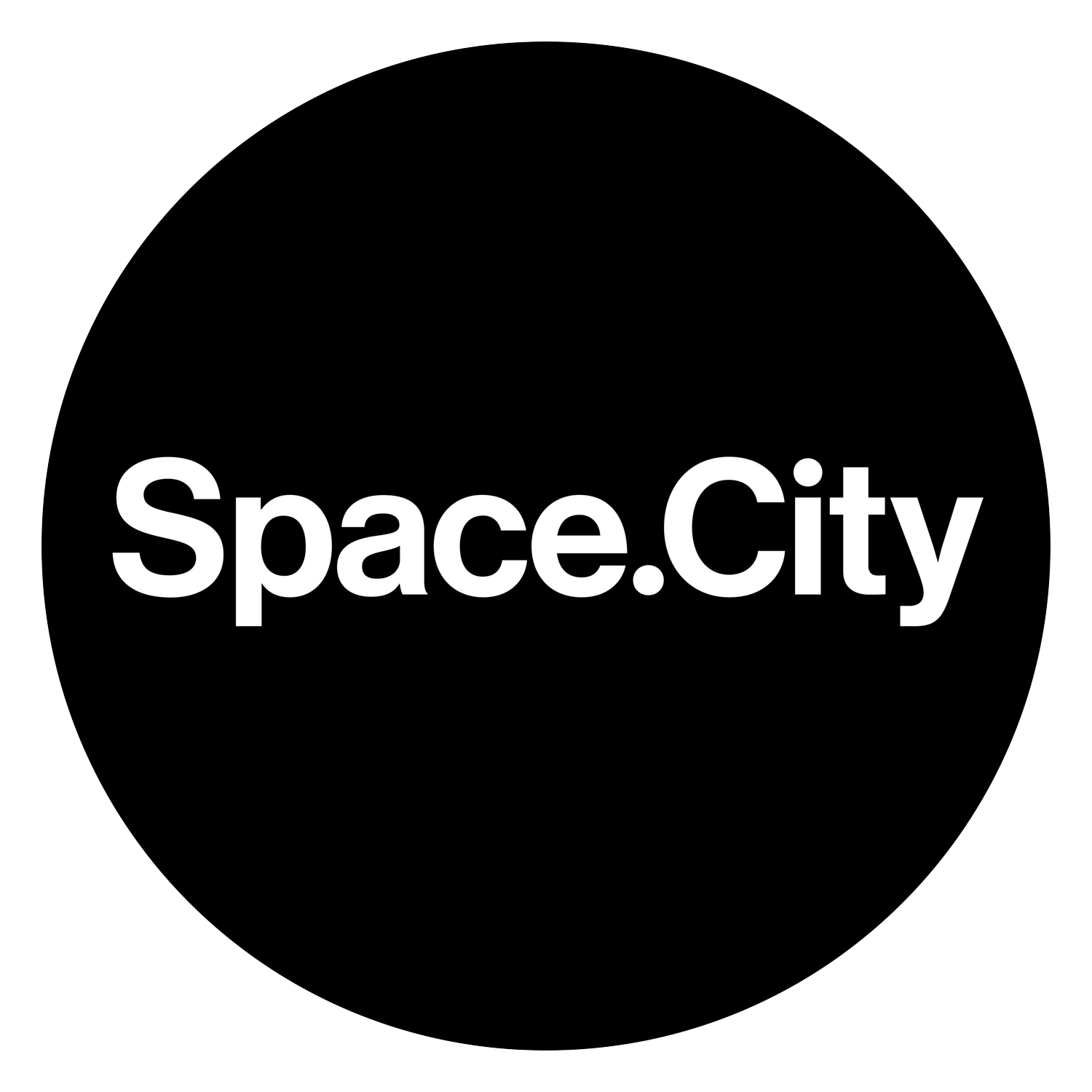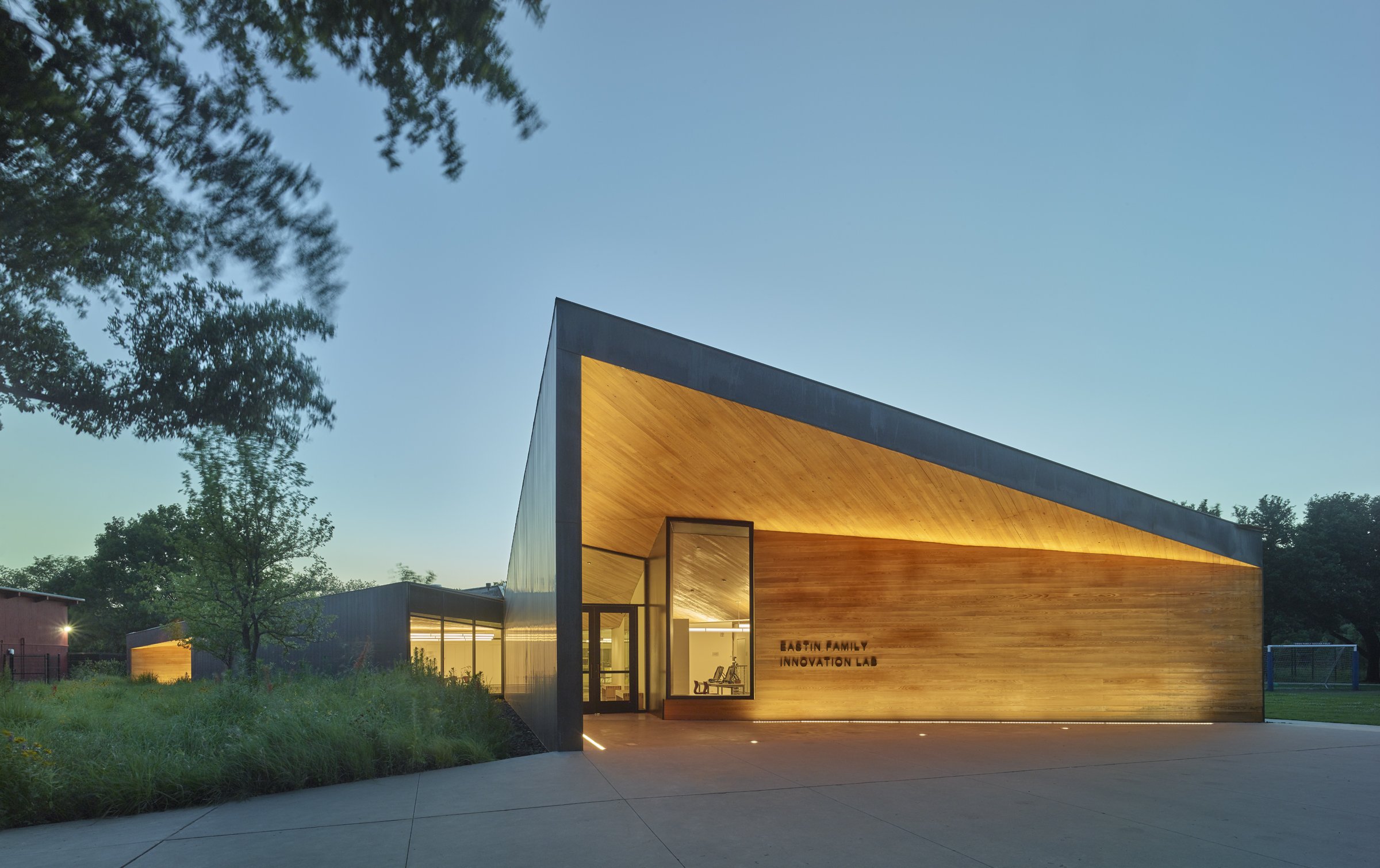Marlon Blackwell, winner of the 2020 AIA Gold Medal, is a visionary architect from Arkansas who seamlessly blends architectural ideals with distinct cultural contexts, a method that has produced a uniquely diverse and distinguished body of work that spans a variety of project types. His work is a continual testament to the power of architecture to shape lives and communities, and his passion and unique perspective has shaped him into one of the most influential voices in architecture.
Marlon Blackwell is an alumnus of Auburn University (BA) and Syracuse University (MAII) and is currently the E. Fay Jones Chair in Architecture at the University of Arkansas. Blackwell is also the recipient of numerous awards, including the 2020 AIA Gold Medal, 2017 E. Fay Jones AIA Gold Medal from AIA Arkansas, The 2012 Architecture Prize from the American Academy of Arts and Letters, The Cooper-Hewitt National Design Award, as well as being the 2019 Resident Fellow of the American Academy in Rome, a National Academy of Design inductee, United States Artists Ford Fellow, and many others.
Marlon Blackwell will be presented by Javier Gomez, who Marlon is personally responsible for bringing to the United States, having invited him to teach at the University of Arkansas while co-teaching in the University of Arkansas Mexico Summer Urban Studio at the Casa Luis Barragán in Mexico City.
Peter Miller Books will be hosting a book signing with Marlon for his most recently published monograph, RADICAL PRACTICE, which documents 30 years of innovative work by Marlon and his practice.
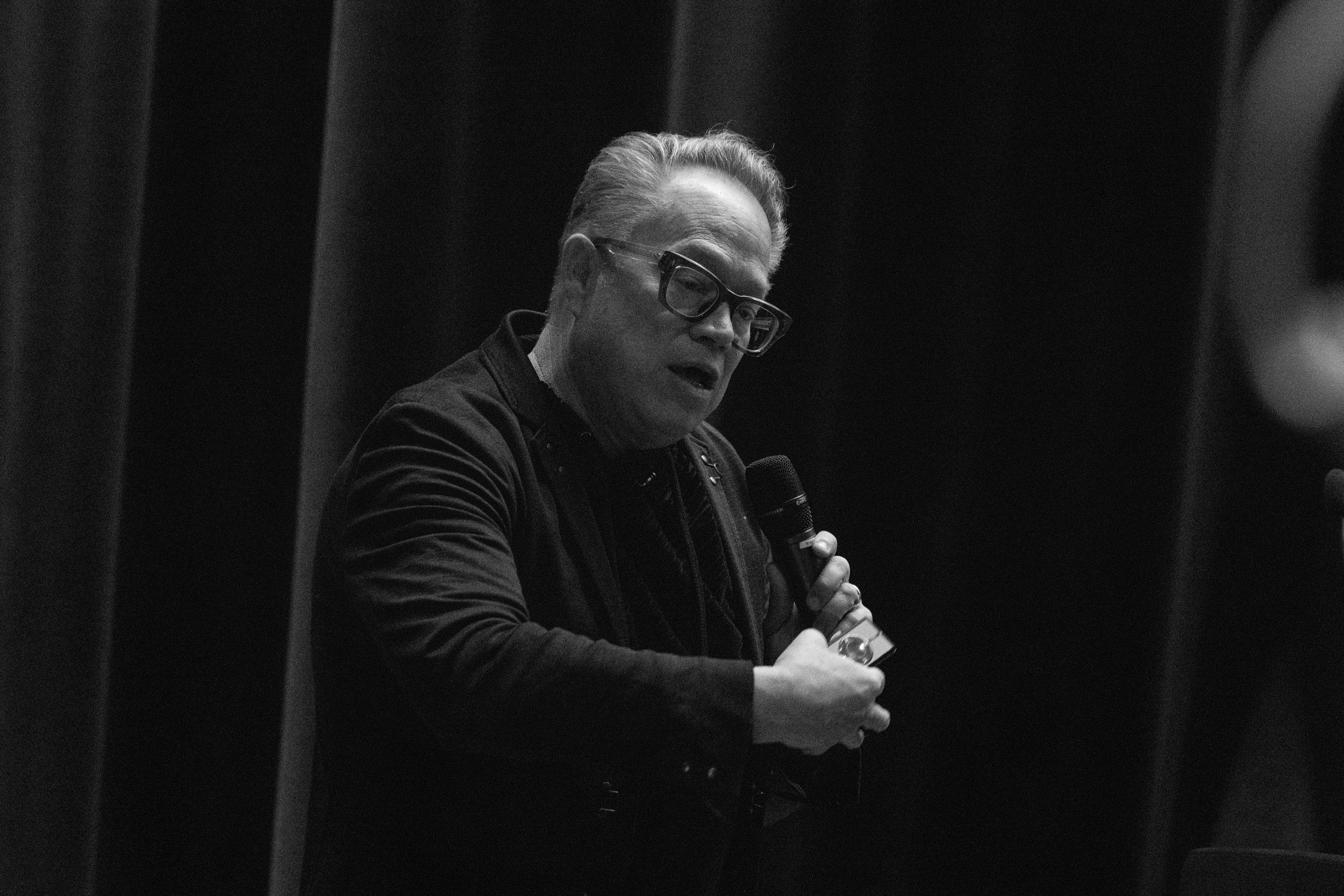
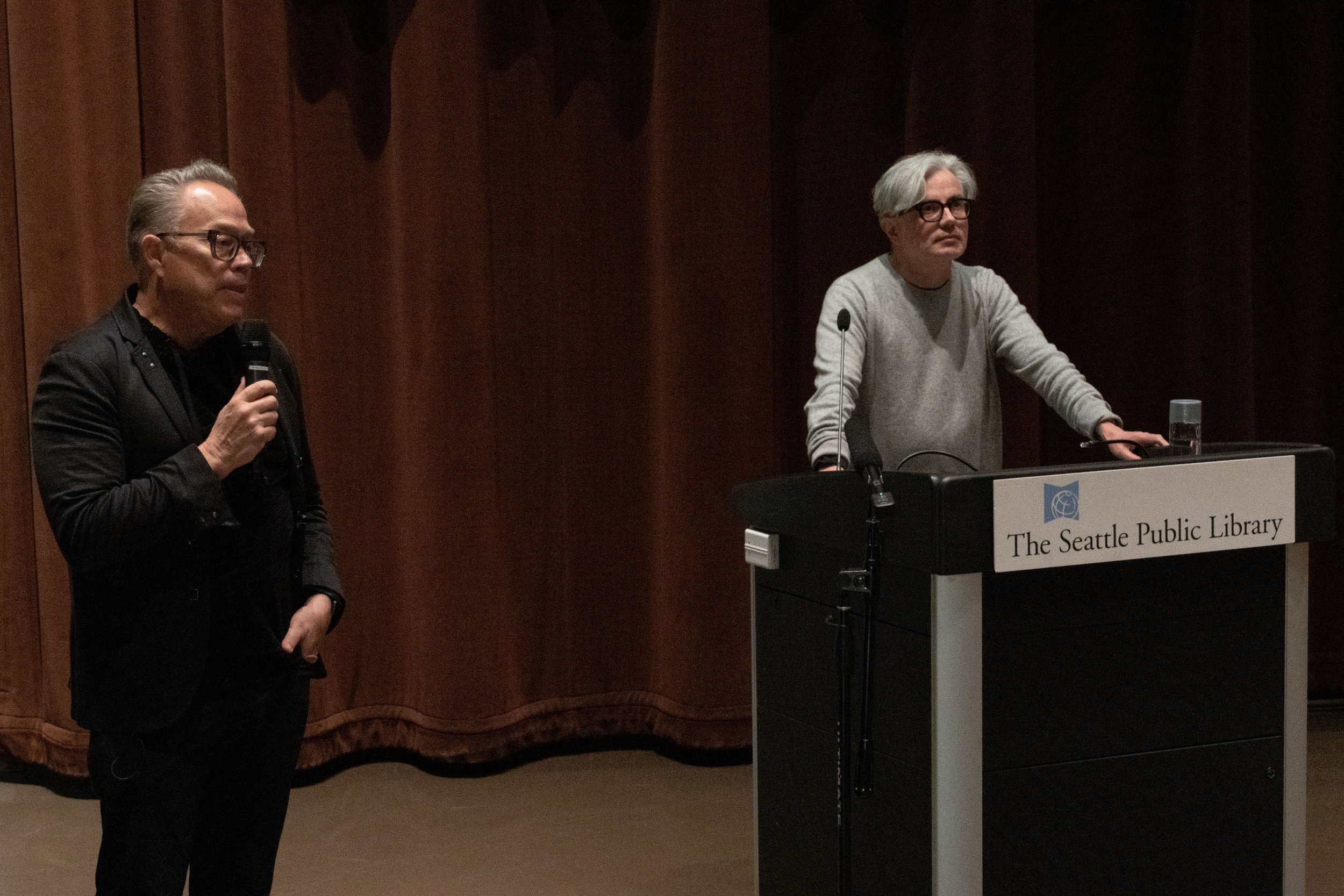
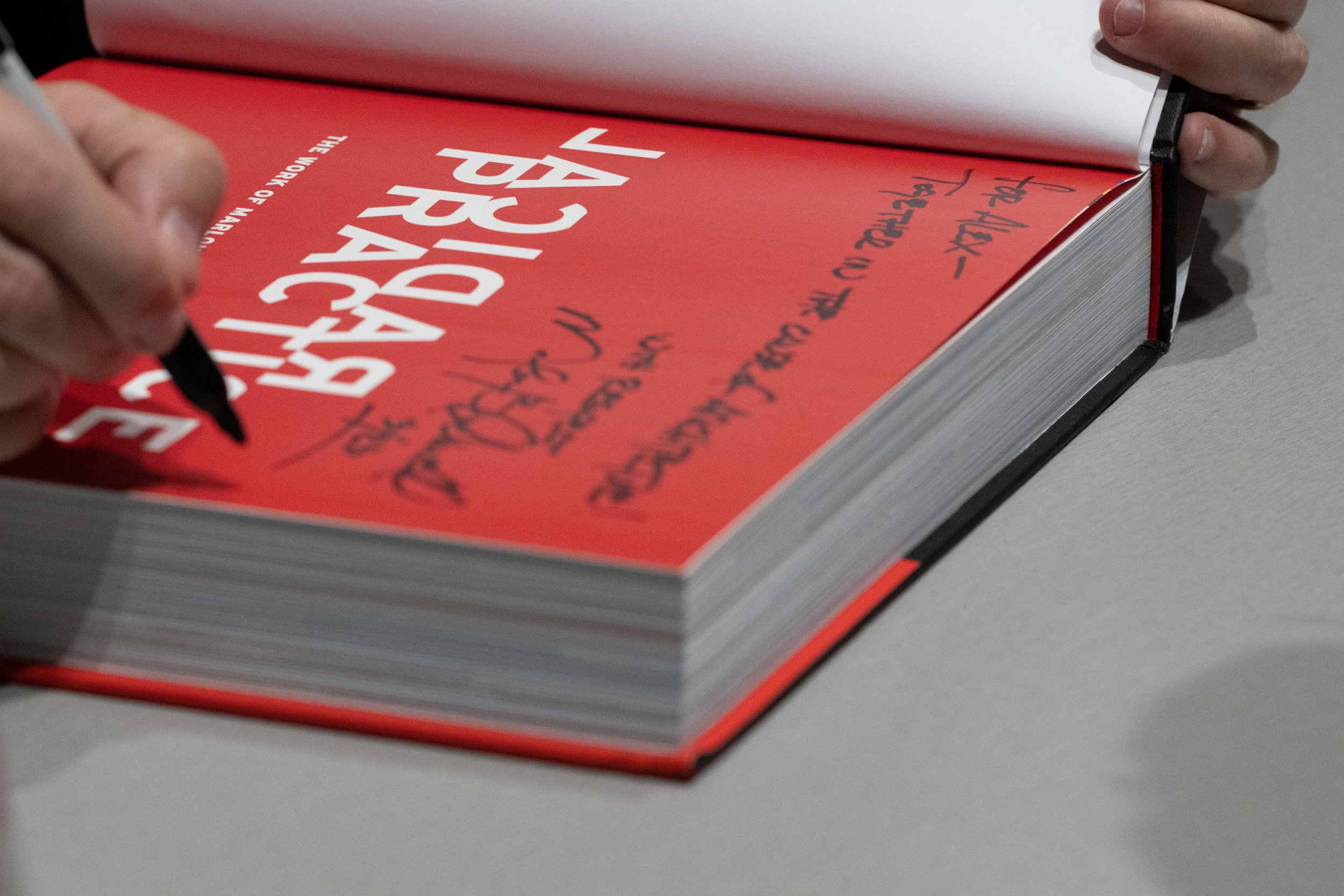
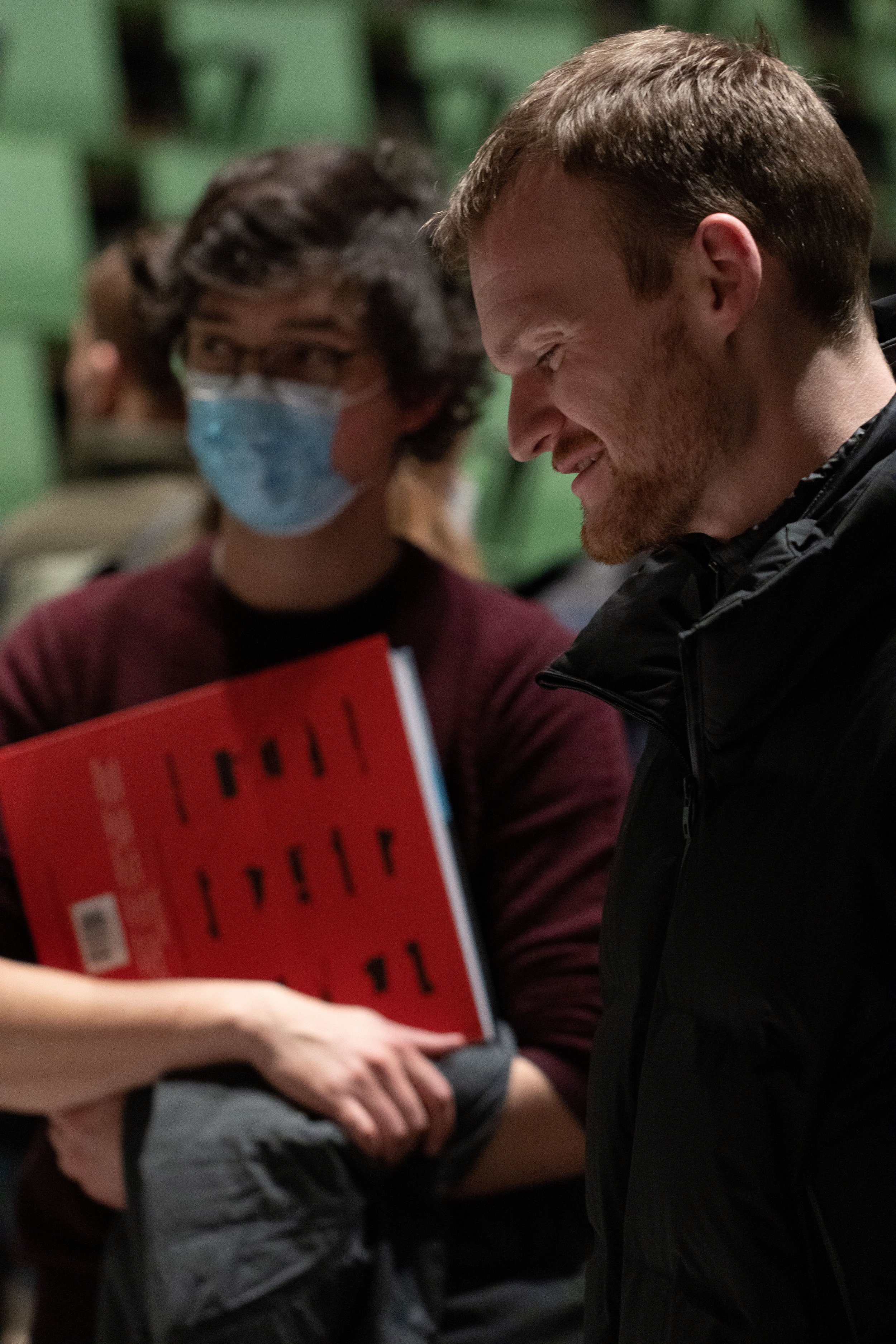
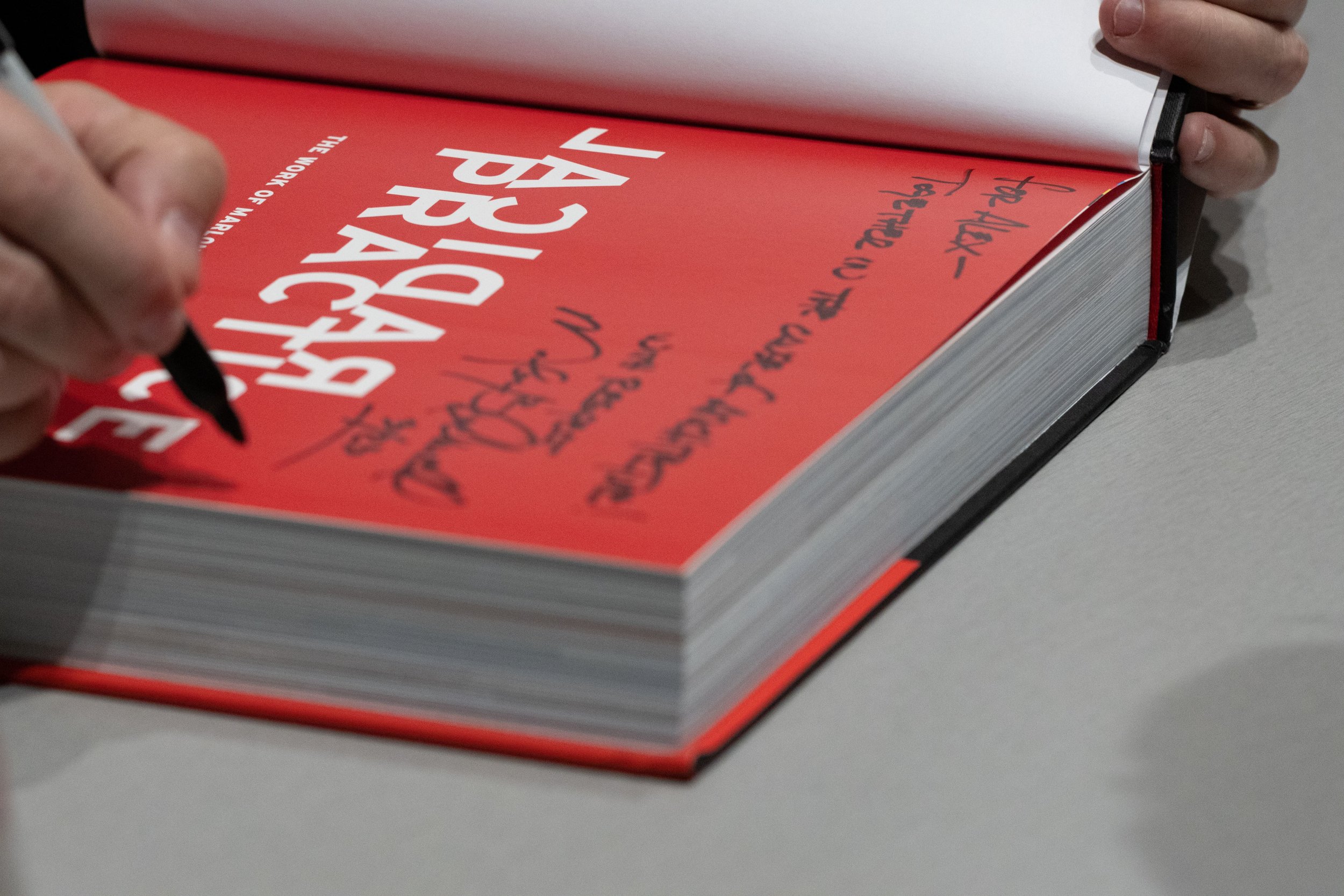
Radical Practice
Marlon Blackwell will discuss his architecture and design process and will share projects from his new monograph, Radical Practice: The Work of Marlon Blackwell Architects. Both the lecture and book emphasize projects in the public and civic realm, emerging from outside the established centers of architectural culture. These projects illustrate the work of Marlon Blackwell Architects, spanning across typologies, scales, and budgets by merging the universal language of architecture and the particulars of place.
The lecture will discuss the work, its methods, and consequences. It will suggest an open-endedness to the practice’s trajectory and interest in what a “radical practice” can be in the contemporary moment. A core principle at the heart of this practice is the assertion of making buildings and places a constant, authentic focus.
